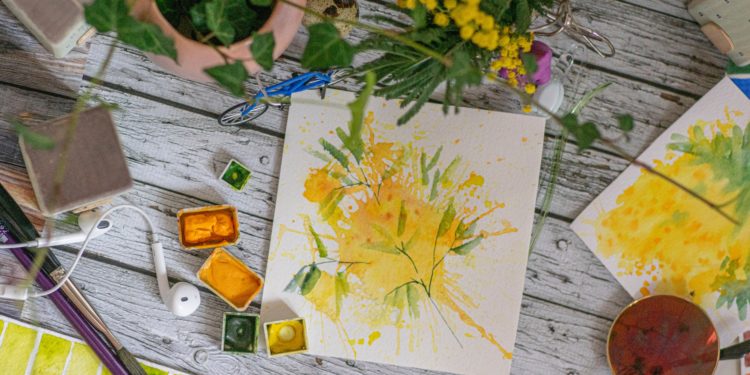In recent times, the notion of “hustle culture” has become prevalent, with many people constantly grinding and toiling daily just to get by. While working hard is necessary, becoming consumed by the grind can be detrimental to our wellbeing.
It’s easy to get caught up in the routine of waking up early, getting dressed, and rushing off to work day after day. But while making money is essential to survive, we cannot neglect taking care of ourselves.
As the old saying goes, “all work and no play makes Jack a dull boy.” Our bodies and minds need breaks, or we risk fatigue, depression, and burnout. That’s why it’s vital that we slow down at times, practice self-care, and incorporate hobbies and leisure activities into our routines.
Self-confidence
The way we perceive ourselves directly impacts our self-confidence. Pursuing hobbies can help boost self-confidence by pushing us out of our comfort zones. When we dedicate time to practice and improve upon a hobby or skill, we progressively get better at it. With this mastery comes an increased sense of self-assurance and pride in our abilities.
By challenging ourselves to learn something new, we prove to ourselves that we can set goals and achieve them through determination. As we get more comfortable with activities outside of our usual routine, we build self-trust and courage to take on new challenges. Our hobby becomes something we feel proud to share with others.
Read more: CBK increases mobile money limits to boost financial inclusion
Serve as a source of income
It’s true that the prospect of making money tends to excite people regardless of circumstances. Often, hobbies are seen as just leisurely activities to do in one’s spare time. However, with the right mindset and strategy, many hobbies can become profitable side hustles or secondary sources of income.
The key is to approach your hobby with an entrepreneurial mindset – assess the market demand, develop a business plan, invest in equipment or inventory if needed, promote your products/services, and track finances carefully. With dedication and smarts, many hobbyists are able to scale their passions into successful small businesses or side gigs.
So don’t underestimate the income potential of pursuits outside your 9-to-5. That hobby of yours could be the next big thing! With strategic planning and execution, you can do work you love while making extra money on the side.

Provide a new experience
Work frequently involves repetitive routines that can become monotonous over time. As we become more proficient in our jobs, the challenges tend to decrease. Research shows that humans have an innate need for new challenges. Hobbies can provide those challenges and experiences that are lacking in our day-to-day work.
Ward off depression
Mental health issues like depression have become increasingly prevalent in today’s society. Rates of mental illness are rising at an alarming pace, prompting people to look for new coping methods. Hobbies can be an important tool for managing mental health and providing relief from conditions like depression. Engaging in hobbies helps people relax and reduces stress, thereby countering some of the factors that contribute to poor mental health. In this way, hobbies play a key role in promoting overall wellbeing and guarding against common issues like anxiety and depression.

Improve your career
Great careers come with expectations, they require you to be in the right state of mind. These careers expect you to always keep on updating your skills or knowledge and engaging in different hobbies will help you gain a variety of skills. this will also be key in helping you maintain a healthy work-life balance.
In a nutshell… Having hobbies is a great opportunity for personal growth and development. As you engage in the hobbies never forget to strike a balance between them and the work you do. Hobbies offer an opportunity for self-discovery and escape from daily routine demands that will always be there. Do not forget to make them a happy place form you.















